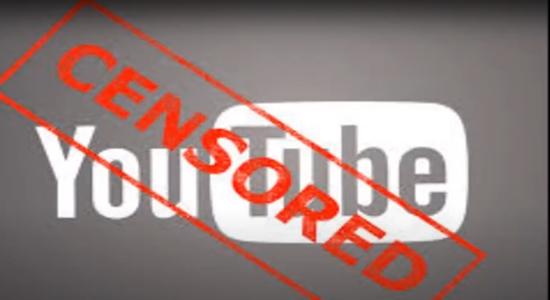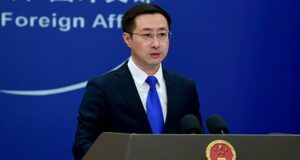
Google routinely complies with censorship requests from democracies and dictatorships around the world (“Revealed: Google facilitated Russia and China’s censorship requests,” The Guardian, February 15, 2025).
I think we already knew this. But The Guardian provides some numbers. Since 2011, Google has deleted postings from its domains at the behest of 150 governments. The company’s own data indicates that it has targeted some 5.6 million items for removal in response to government requests (though over exactly what span of time is unclear). These requests “have more than doubled since 2020, according to cybersecurity company Surfshark.”
How much if anything Google will say about why it removes a particular item varies widely. Its process for removing content, says the newspaper, is “opaque.”
Over a period of four years ending in June 2024, Russia was responsible for some 60% of removal requests.
After requests from the governments of Russia and China, Google has removed content such as YouTube videos of anti-state protesters or content that criticises and alleges corruption among their politicians….
In China, at the request of the ministry of public security, which oversees the police and domestic political spying networks, Google took down more than 200 videos. The ministry had requested removals for 412, of which 346 “contained allegations about corruption within the political system in the People’s Republic of China or stories about top government officials”.
Google also…[removed] profiles that impersonated the country’s president, Xi Jinping. Online impersonation accounts were banned in 2015 after Chinese citizens used them to covertly criticise Xi and to circumvent censorship laws, which are some of the world’s most prohibitive.
In a “Transparency Report,” Google, which owns YouTube, says that its teams “evaluate each request and review the content in context in order to determine whether or not content should be removed due to violation of local law or our content policies…. We always assess the legitimacy and completeness of a government request.”
In Google’s eyes, then, a government’s demand for censorship of mere criticism of that government can be legitimate, and Google is willing to cooperate. But the request must be complete.











